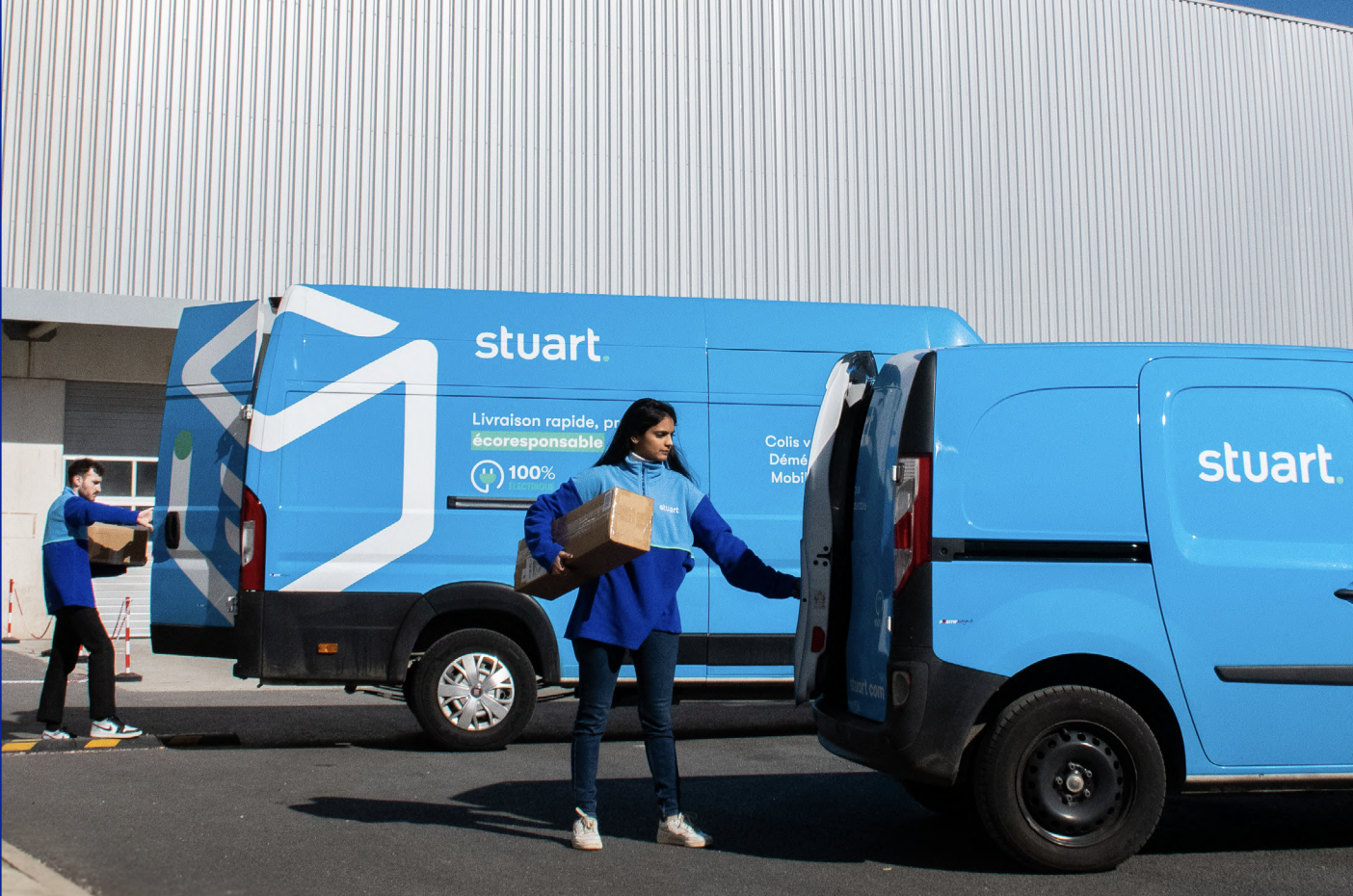AR is continuing to gain popularity amongst shoppers, with 33% of UK consumers reveal that this technology would help them narrow down choices when shopping-serving as an opportunity for retailers to entice customers back to the high-street, finds a new report.
In fact, 55% of UK shoppers expect products and other physical objects to contain layers of digital content of information, which they would be able to access by pointing their phone at it, reports the new research by Layered, conducted in partnership with AR technology company Zappar and Mindshare UK.
This figure has risen to 74% amongst those who have previously enjoyed the experience of AR, generating almost a double (1.9 times) the level of engagement amid consumers compared to their non-AR equivalent.
The report reveals that consumers are already anticipating the potential of AR smart glasses, with more than a quarter of UK shoppers (26%) saying that they would prefer to experience the technology hands-free as opposed to via their smartphones.
“As the AR landscape evolves and matures, there’s one certainty, that’s the need for software to build experiences for this new canvas. These are of fundamental importance for brands and content developers to have the opportunity to tell stories, create genuinely worthwhile experiences and provide practical and engaging solutions within the consumer user-journey. We’re in a time where whole sectors, such as product packaging, are being reimagined as always on media channels,” explains Max Dawes, marketing and partnerships director at Zappar.
AR will also allow brands to enable ’surfacing’ of personalised, contextual content without the user ever initiating it. More than two-thirds (68%) of AR users believe the technology would be most useful if it ‘can figure out the right information to show me at the right time all by itself’.
This indicates that AR would be particularly handy for delivering information that is often subsequently retained for tailored push notifications.
The research forecasts that one of the keys drivers for content surfacing will be computer vision, the machine-learning-based image recognition such as Google lens. As this technology advances, the camera will be capable of ’reading’ the environment and making decisions about what content to share with the user.
Retailers that will optimise their content for computer vision, ensuring that when Google Lens identifies their product, the content that is surfaced as the most relevant for the consumer-will stay ahead of their clienteles’ expectation.
“To date, AR has largely been used to give people a small dose of in-the-moment fun – Snap’s dancing hotdog and Pokémon Go epitomise this,” comments Jeremy Pounder, futures director at Mindshare UK.
“Our research shows that AR will evolve from one-off ‘surprise and delight’ moments to provide everyday utility and practical value, right across the consumer journey. This could include helping people visualise how products look in their home, locating products in-store through wayfinding applications, or getting more out of a product post-purchase through usage guidance.”









